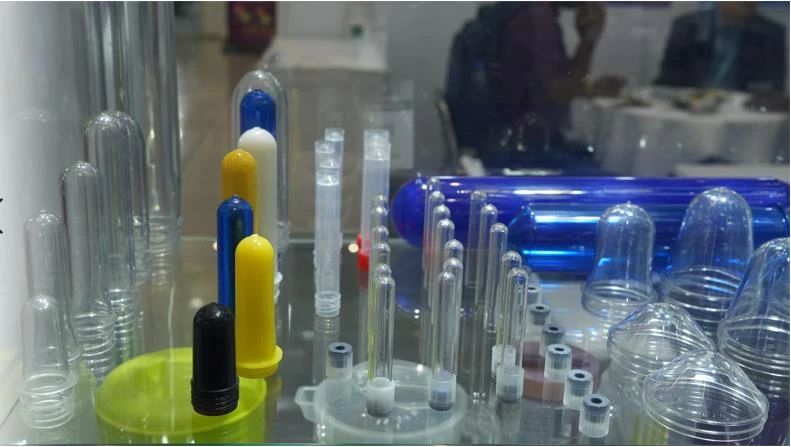Plastic Pollution and Global Bans
Plastic has undeniably brought convenience to daily life, yet it has also triggered severe pollution crises. Plastic waste has infiltrated oceans, soils, and even human bodies, posing significant threats to ecosystems and public health. In response, numerous countries are taking decisive actions. Ethiopia recently imposed fines of up to 5,000 Birr on individuals using single – use plastic bags. The United States has implemented state – wide and city – wide bans, while China initiated the “plastic restriction”policy in 2008 and is now advancing more comprehensive measures.
The Importance of Recycling
However, mere bans on plastic usage are insufficient. Establishing a closed – loop recycling system is essential for effectively addressing plastic pollution. This system helps reduce waste accumulation, conserve resources, and mitigate environmental contamination. China’s “14th Five – Year Plan” underscores the significance of recycling, setting clear goals to enhance the reuse of plastic waste.
Nonwoven Fabrics: A Promising Green Alternative
Nonwoven fabrics stand out as an outstanding solution to plastic pollution. Among them, Meltblown Nonwoven, known for their unique structure and filtering properties, have been widely used in various fields, especially in the production of masks during the pandemic. Now, Bio-Degradable PP Nonwoven is also emerging as a game – changer, such as JOFO Filtraction’s Bio-Degradable PP Nonwoven.
Made from polypropylene, a common thermoplastic polymer, Bio – Degradable PP Nonwoven combines the strength and durability of traditional polypropylene with the added benefit of biodegradability. Under the right environmental conditions, it can break down into natural substances, significantly reducing its long – term environmental footprint. These nonwovens are not only durable and reusable, but also highly customizable. They can be tailored for a wide range of applications, from shopping bags, food packaging to agricultural mulch films.
Moreover, the production of Bio-Degradable PP Nonwoven consumes less energy compared to traditional plastics, making it a more sustainable option. Its versatility, combined with its eco-friendly nature, makes it an ideal replacement for single-use plastics.
Industry Opportunities Ahead
With the continuous advancement of anti – plastic policies worldwide, companies dedicated to recycling and the production of Nonwoven products, especially those focusing on Bio- Degradable PP Nonwoven, are poised for remarkable growth. Investing in advanced recycling technologies and promoting the widespread use of innovative Nonwoven materials like Bio – Degradable PP Nonwoven will be the driving force behind the transformation of the plastic industry, ultimately leading us towards a greener and more sustainable future.
Post time: Jun-21-2025













